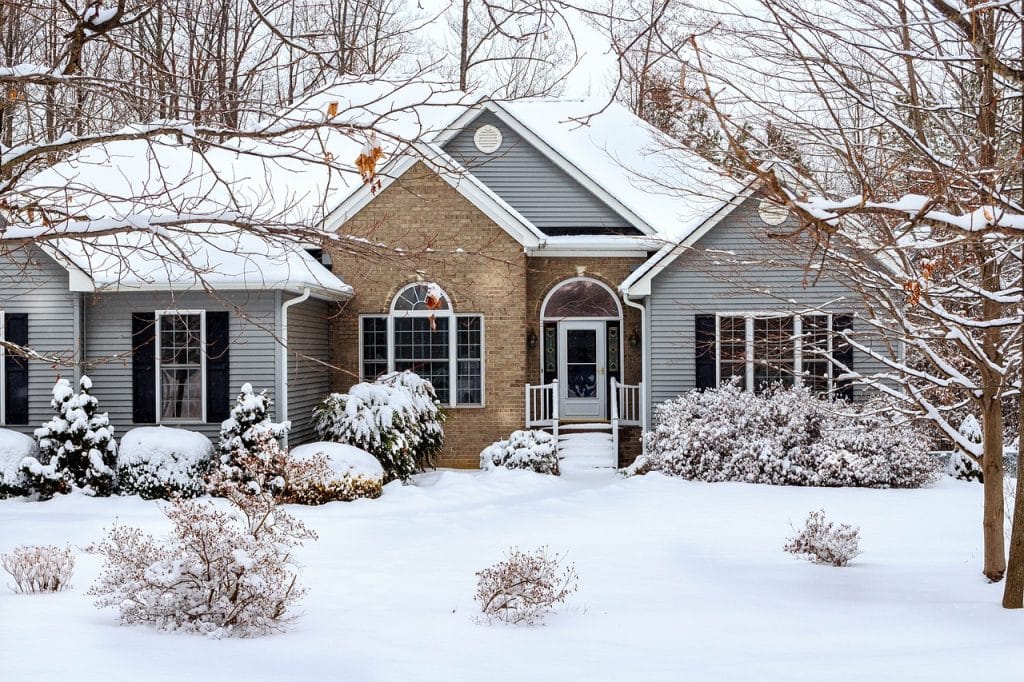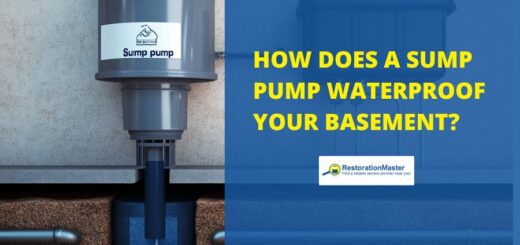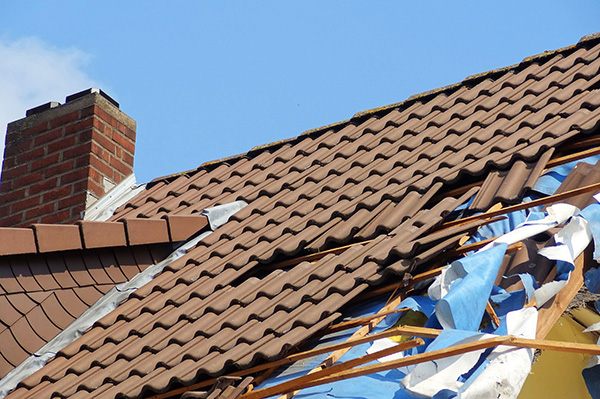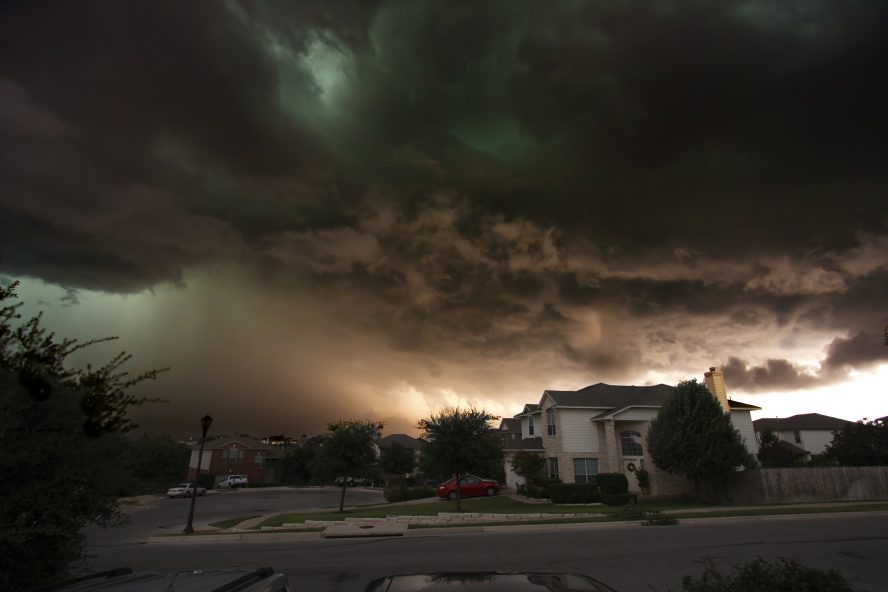How Heavy Snow Can Damage Your Home
Snow provides a beautiful backdrop when you’re sitting by the fire with your family. For kids, a snow day is filled with sledding and hot cocoa. However, as most adults in snowy climates know, heavy snowfall is not always fun and games. In fact, it can damage your home if preventative measures aren’t taken.
Here are some ways heavy snow can cause issues and how to prepare for the possibility. When you’re feeling confident you can handle the next snowfall, you can start enjoying your hot cocoa in peace.
1. The Formation of Ice Dams
Ice dams are the built-up frost on the edge of your roof. They form when melted snow has nowhere to go and often occur when your gutters are clogged. Instead of the water running down the drain, it backs up under your roof and refreezes. Once it finally melts, it can cause water damage, moldMold is a type of fungus that grows in damp or humid conditi... More growth, or rot.
Prevent ice dams by cleaning your downspout at least once a year. Place them on an angle to allow water to flow easily. Also, properly insulate your attic and install heat cables. Use a roof rake to remove snow if it accumulates on your roof.
2. The Melted Water Can Cause Leaks
You might not clear your roof immediately after a heavy snowfall. Over time, the melted snow leaks into your interior, weakening your structureStructure refers to the framework or components of a buildin... More or floodingFlooding is the overflow or accumulation of water in areas t... More your foundation. Ensure your downspouts are extended at least 4 feet from your house to combat this.
In addition, when shoveling, don’t pile the snow near your foundation. Inspect your roof for any signs of missing shingles or clogged gutters. If you notice any structural issues, contact a specialist right away.
3. The Snow Can Damage Your Roof and Gutters
Heavy snow adds extra weight to your roof and gutters, which can damage its structural framing or break off downspouts. Plus, as the snow piles up, melting could cause leaks in your attic.
Clear your gutters in the fall, use a roof rake, and replace any missing or broken shingles. Also, pay attention to signs of deteriorated chimney flashing, walls, or vent pipes. Use roofing cement and a caulking gun to seal the joints. Look for a waterproof sealant to protect from heavy rainfall.
4. Your Pipes Can Freeze or Burst
When the temperature drops, exposed pipes in your basement or garage can freeze. Freezing water expands and creates a blockage in the system. Then there’s a buildup of pressure, which causes broken or burst pipes.
To solve this issue, insulate all your pipes, especially in unheated areas. Be sure to consider the R-value, which measures the material’s resistance to heat flow. If you live in a colder climate, choose insulationInsulation is a material used in buildings to reduce the tra... More with a higher R-value. Another tip is to turn off your water when you leave town.
5. The Snow from Trees Can Damage Your Property
Even if not much snow falls onto your roof, it can still accumulate on tree branches. This can cause an issue if your trees are near power lines that could malfunction due to water leakage. Plus, the weight of the snow causes branches to droop and hit them. These leaning branches can scratch your windows or siding, as well.
TrimTrim is the decorative or functional molding used to finish ... More your trees and branches in the fall to prevent this damage. You can also dust off low-growing shrubs. Just don’t try to remove snow once it turns to ice.
6. The Snow Can Damage Your Garage
Snow around your garage door can cause it to stick or even freeze shut. Instead of prying the door open with a shovel, disengage the opener. Then clear away the snow and ice around the door. Next, lift it manually and reconnect the opener. Finally, remove any excess moisture from the garage floor.
Keep the floor clean and dry to prevent a frozen entryway. Regularly sweep the area and remove excess snow when shoveling. Also, place space heaters in your garage to keep the room warm.
7. Snow Can Impact Your VentilationVentilation is the process of exchanging or circulating air ... More System
Snow can block your attics’ air vents, leading to improper ventilationVentilation is the process of exchanging or circulating air ... More. This can cause ice dams or moisture buildup, resulting in moldMold is a type of fungus that grows in damp or humid conditi... More that can irritate your eyes, skin, or throat.
After a snowstorm, check your furnace and clear excess snow by hand. Keep in mind using a shovel could damage the structureStructure refers to the framework or components of a buildin... More and use a putty knife to clear any ice. For future protection, add a frame around the vent.
How Heavy Snow Can Impact Your Home
Snow can create a stunning landscape. However, some homeowners forget how it can impact their properties. Look out for these common issues to keep your home safe this winter.
Evelyn Long is the editor-in-chief of Renovated, a home improvement site with tips for homeowners and contractors.













